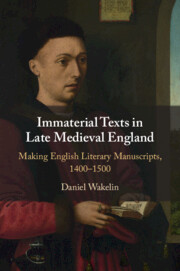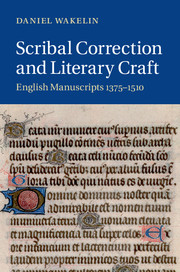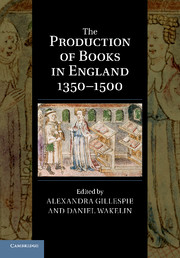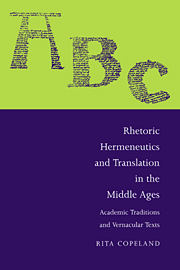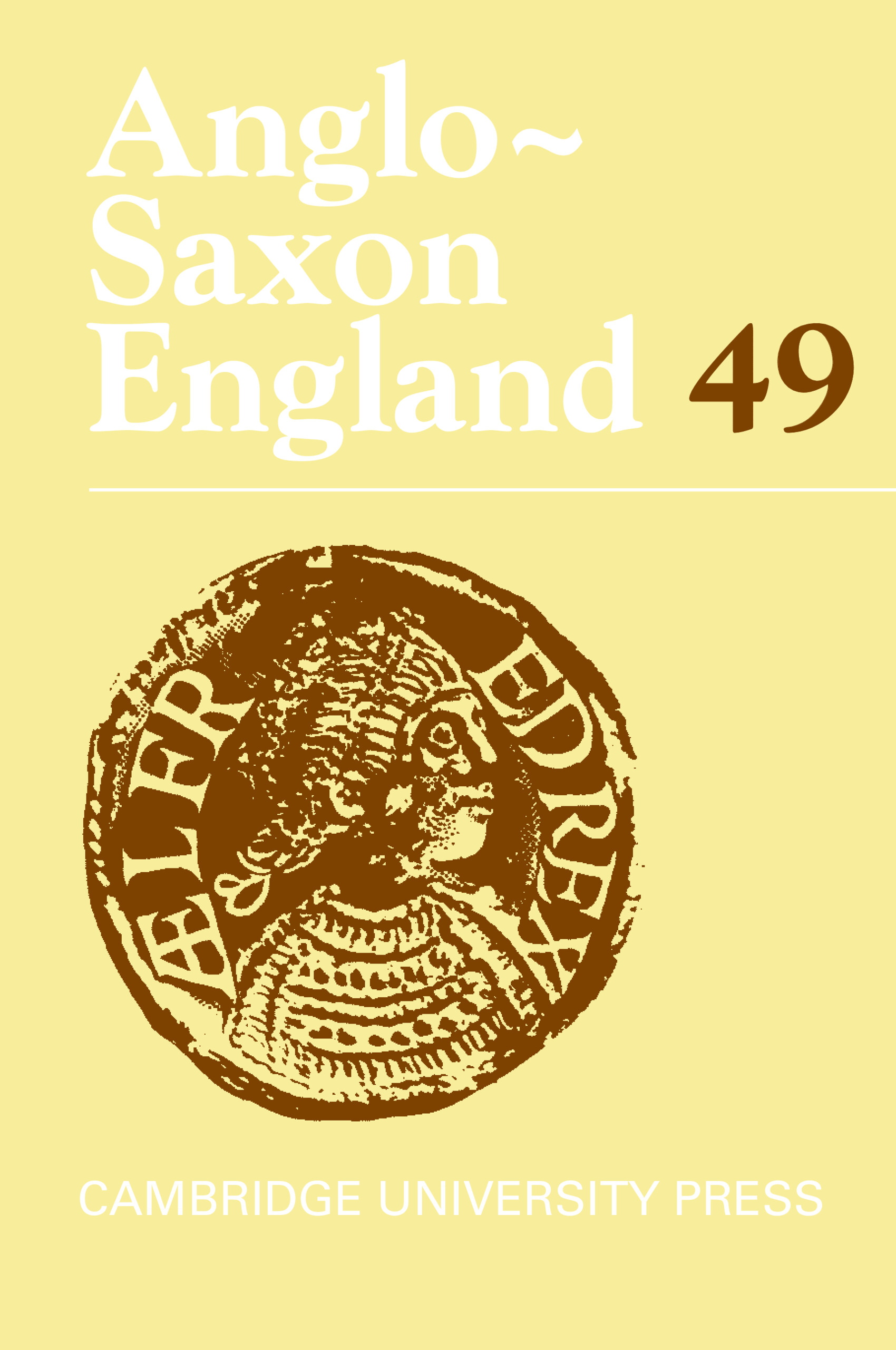Immaterial Texts in Late Medieval England
Daniel Wakelin introduces and reinterprets the misunderstood and overlooked craft practices, cultural conventions and literary attitudes involved in making some of the most important manuscripts in late medieval English literature. In doing so he overturns how we view the role of scribes, showing how they ignored or concealed irregular and damaged parchment; ruled pages from habit and convention more than necessity; decorated the division of the text into pages or worried that it would harm reading; abandoned annotations to poetry, focusing on the poem itself; and copied English poems meticulously, in reverence for an abstract idea of the text. Scribes' interest in immaterial ideas and texts suggests their subtle thinking as craftspeople, in ways that contrast and extend current interpretations of late medieval literary culture, 'material texts' and the power of materials. For students, researchers and librarians, this book offers revelatory perspectives on the activities of late medieval scribes.
- Explains misunderstood or overlooked aspects of the craft and thinking of scribes, offering a renewed understanding of how they engaged both physically and intellectually with the text
- Explores how elements of the work of scribes challenge recent interpretations of 'material texts', proposing groundbreaking new literary critical and theoretical approaches
- Offers new insight into the copying and reading of major works of medieval English literature, challenging many received interpretations of English literary culture in the late Middle Ages
Reviews & endorsements
'The author’s ability to identify strikingly anomalous details across this sprawling body of material is impressive.' A. S. G. Edwards, Times LIterary Supplement
'Immaterial Text is, in the best sense, a provocation that will prompt a new kind of attention to the English literary manuscript.' Sonja Drimmer, Studies in the Age of Chaucer
‘… deserves notice from Chaucerians, codicologists, and cultural historians.’ Eric Weiskott, Speculum
Product details
May 2022Adobe eBook Reader
9781009122290
0 pages
This ISBN is for an eBook version which is distributed on our behalf by a third party.
Table of Contents
- 1. Prologue: materials, making and manuscripts
- 2. 'Hele alle maner of schabbis': imagining perfect parchment
- 3. 'Who by prudence Rule him shal': controlling the layout
- 4. 'Þe leef torned': turning beyond the page
- 5. 'Rede . . . and ʒe may se': reading plain text
- 6. 'This is the copy': reproducing the immaterial
- 7. Conclusions: more than materials.

